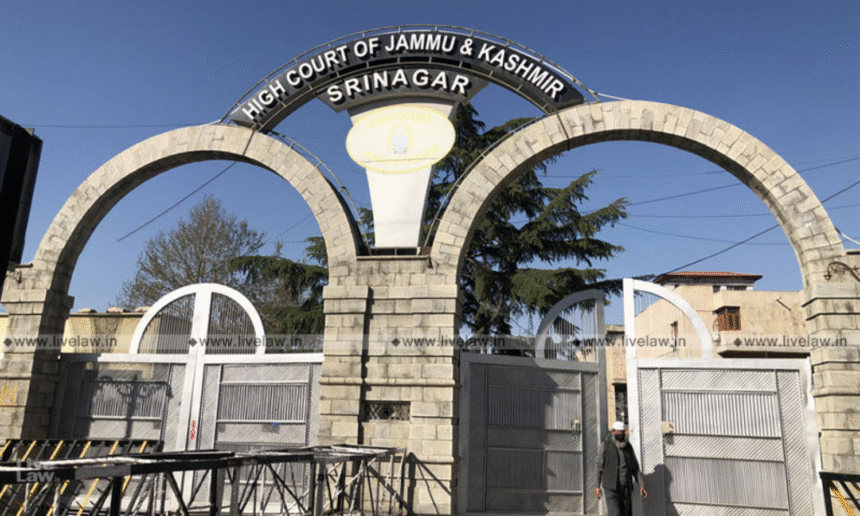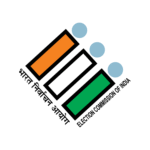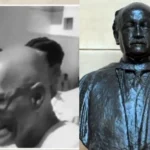In a significant development, the Ministry of Home Affairs (MHA) has informed the Jammu & Kashmir and Ladakh High Court that it has decided to grant a visitor visa to Rakshanda Rashid, a Pakistani national who was deported from India following the Pahalgam terror attack.
The Division Bench comprising Chief Justice Arun Palli and Justice Rajnesh Oswal formally recorded the Centre’s decision, while noting that the arrangement “shall not constitute a precedent in any manner.”
Solicitor General Tushar Mehta, appearing for the MHA, told the court that “after much deliberation and considering the peculiarity of facts… an in-principle decision has been taken by the authority to grant a visitor visa to the respondent.” He further assured that the visa would be processed and granted at the earliest, subject to completion of formalities.
The Bench emphasized that the decision was made solely in view of the specific circumstances of the case and should not be interpreted as a precedent for similar cases in the future.
Senior Advocate Surinder Kour, representing Rakshanda Rashid, confirmed her client’s agreement with the proposed resolution, effectively concluding a long legal battle that began after Rashid’s deportation on April 29, 2025. The deportation came amid a broader government crackdown on Pakistani nationals in the wake of the Pahalgam terror incident.
Rakshanda Rashid, 62, was deported after the Ministry of Home Affairs (MHA) cancelled all Pakistani visas as a security measure. Although her Long-Term Visa (LTV) had expired in January, she had already applied for its renewal, which was still under process when she was served a “Leave India Notice.”
On June 6, a Single Judge Bench had directed that Rashid be allowed to return to India, describing the move as an “SOS-like indulgence” in light of her 38-year stay in the country and her marriage to an Indian citizen. The MHA later challenged the order, asserting that her visa had already lapsed at the time of deportation.
Rashid’s family had earlier alleged procedural lapses, claiming her LTV renewal application was under active consideration when she was deported. Her daughter, Fatima Sheikh, expressed concern over her mother’s condition in Pakistan, where she allegedly had no family support or financial means.
With the MHA now agreeing to grant her a visitor visa, the case appears to have reached a humanitarian resolution—though the High Court has clearly stated that the decision is based on the unique circumstances of the case and shall not set a legal precedent. (Agencies)









